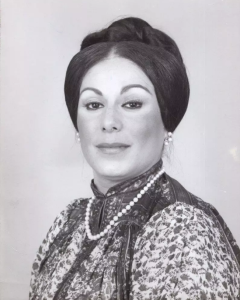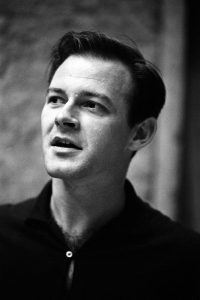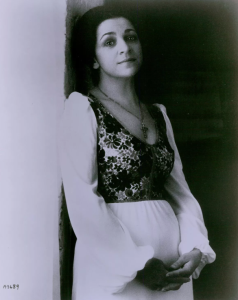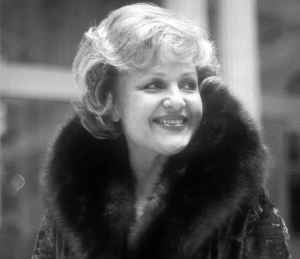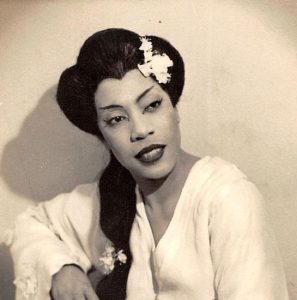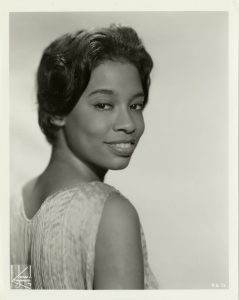Podcast: Play in new window | Download (Duration: 1:34:50 — 95.7MB) | Embed
Subscribe: Spotify | TuneIn | RSS | More
Back in December I published my first episode honoring the superb soprano Gilda Cruz-Romo, as part of my series honoring Mexican opera singers. In my research, I amassed a large number of live recordings from which I intended to cobble together a second episode in honor of her upcoming birthday. I was distracted by some family issues and, her February birthday came and went, and now, alas, Gilda is no longer with us. But to pay tribute to this exceptional artists, I have assembled a brand new setlist which seeks to do at least partial justice to the breadth and depth of her exceptional career. After last week’s episode featuring Carol Neblett, here is another exceptional soprano whose talent brought glory to the stage of the New York City Opera in the early days of her career and went on to become an important member of the Metropolitan Opera as well. We hear extended excerpts of a number of her Paraderollen, including Aida, Violetta, Manon Lescaut, Mimì, Leonora di Vargas, and Maddalena di Coigny, as well as two later-career roles that might surprise you. Guest artists heard on the episode include Silvano Carroli, Carlo Bergonzi, Cesare Siepi, Colenton Freeman, John Alexander, Gianfranco Cecchele, Enrico Di Giuseppe, Salvador Novoa, and Franco Corelli; conductors include Julius Rudel, Zubin Mehta, Francesco Molinari-Pradelli, Nino Sanzogno, and Riccardo Muti. Carol Neblett even puts in a brief appearance!
Countermelody is a podcast devoted to the glory and the power of the human voice raised in song. Singer and vocal aficionado Daniel Gundlach explores great singers of the past and present focusing in particular on those who are less well-remembered today than they should be. Daniel’s lifetime in music as a professional countertenor, pianist, vocal coach, voice teacher, and journalist yields an exciting array of anecdotes, impressions, and “inside stories.” At Countermelody’s core is the celebration of great singers of all stripes, their instruments, and the connection they make to the words they sing. By clicking on the following link (https://linktr.ee/CountermelodyPodcast) you can find the dedicated Countermelody website which contains additional content including artist photos and episode setlists. The link will also take you to Countermelody’s Patreon page, where you can pledge your monthly or yearly support at whatever level you can afford.


